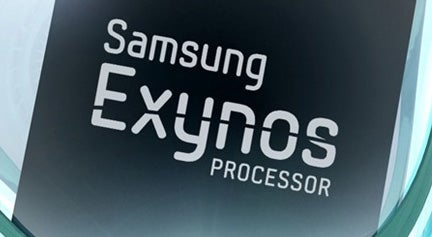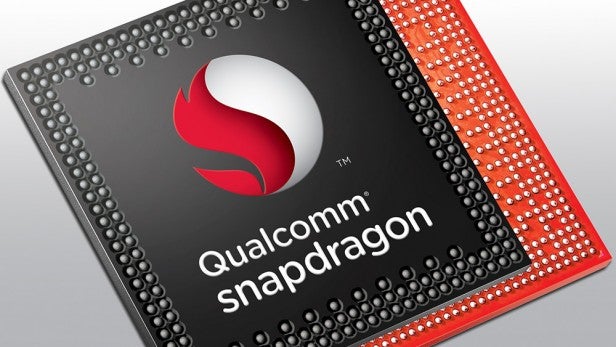Is Qualcomm the reason Samsung’s Exynos chips aren’t in other phones?

South Korea’s Fair Trade Commission has claimed Qualcomm blocked Samsung from selling its Exynos processors to other phone makers.
Samsung has used Qualcomm’s Snapdragon processors alongside its own Exynos chips for some time, including in its flagship Galaxy S series handsets.
The Snapdragon 835 and Exynos 9 chips are expected to be used in the upcoming Galaxy S8, with specific regions getting different processors.
But the Exynos chips are yet to be seen in other phones from different companies, whereas Qualcomm’s chips are used by numerous manufacturers.
Related: Galaxy S8
Now, the Fair Trade Commission’s claim has potentially shed some light on why Samsung has thus far not provided its Exynos chips to other companies (via).
The commission said Qualcomm prevented Samsung from providing its mobile chip-set and modems to other companies through a patent licensing deal.
Qualcomm has responded to the allegations, with a brief statement: “Qualcomm has never stood in the way of Samsung selling chips to third parties, and nothing in our agreements has ever prevented Samsung from doing so. Any statement to the contrary is false.”
The allegations follow the South Korean regulator fining Qualcomm 1.03 trillion won ($853 million) in December after concluding that some of its business practices were in violation of Korean competition law.
 The Samsung Galaxy S8 is expected to use both Qualcomm Snapdragon Samsung’s own Exynos chips
The Samsung Galaxy S8 is expected to use both Qualcomm Snapdragon Samsung’s own Exynos chips
Qualcomm responded to that ruling, saying the ruling was “an unprecedented and insupportable decision relating to licensing practices that have been in existence in Korea and worldwide for decades and that the KFTC reviewed but did not question in a previous investigation of Qualcomm.”
The US firm has also appealed against the decision, filing suit last month to pursue a reversal of the decision.
As reported by The Korean Economic Daily, the South Korean regulator has now claimed “Samsung Electronics has been blocked from selling its modem chipsets to other smartphone manufacturers due to a license deal it signed with Qualcomm.”
Samsung and Qualcomm’s original 1993 deal allowed the former to produce phones with second-generation CDMA patents.
The phone-maker was also allowed to produce modem-chips for itself, under the terms of the deal, but could not supply the modems to other companies.
As the Fair Trade Commission was quoted as saying: “In 1993, Samsung Electronics was granted the right to manufacture, sell and use mobile phones using Qualcomm’s second-generation mobile communication (CDMA) standard essential patents.
“Instead, Qualcomm stipulated terms for modem chipsets. Qualcomm and Samsung Electronics said in a contract that Samsung should manufacture modem chipsets for its own procurement but should not sell modem chipsets to other carriers.”
An attempt to change the terms of the deal in 2011, when modems began being integrated into chip sets, apparently resulted in unsuccessful talks – meaning Samsung could not licence its Exynos chips to other companies due to the fact the modems were part of the chip sets, and still restricted by the 1993 deal.
TrustedReviews has contacted Samsung for comment.
UPDATE 27/03: Added comment from Qualcomm.
Let us know what you make of the claim in the comments.

